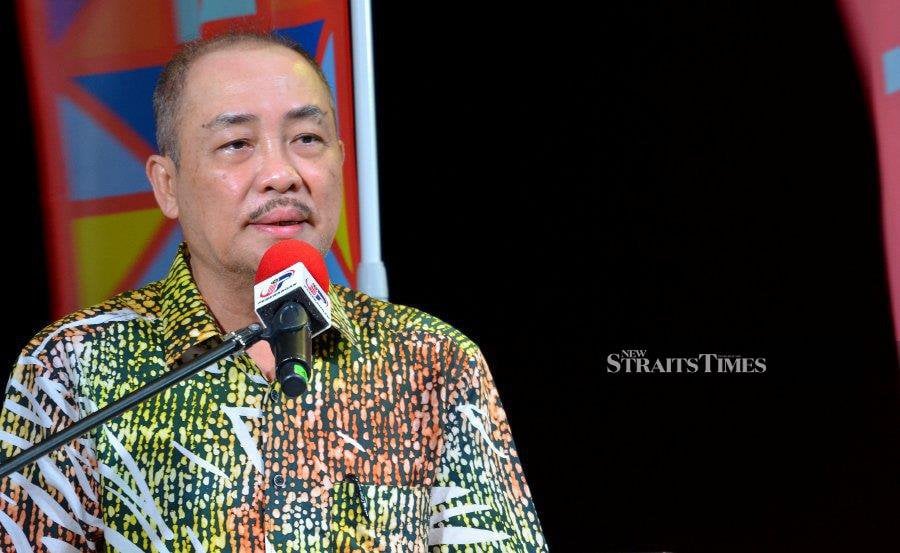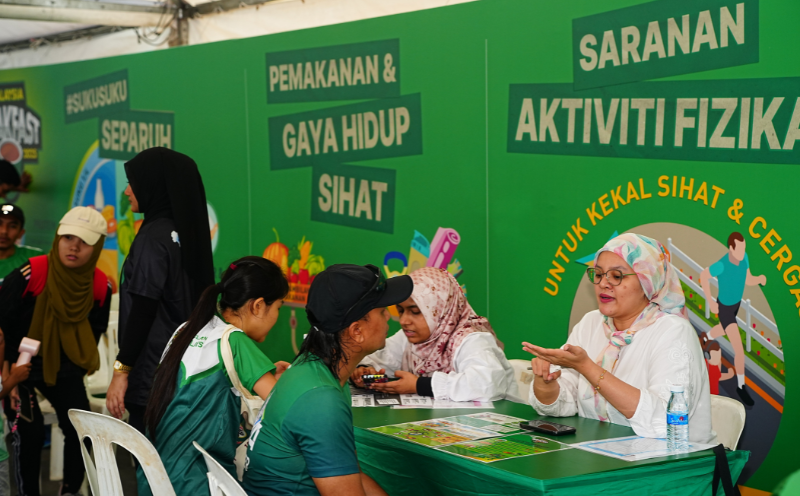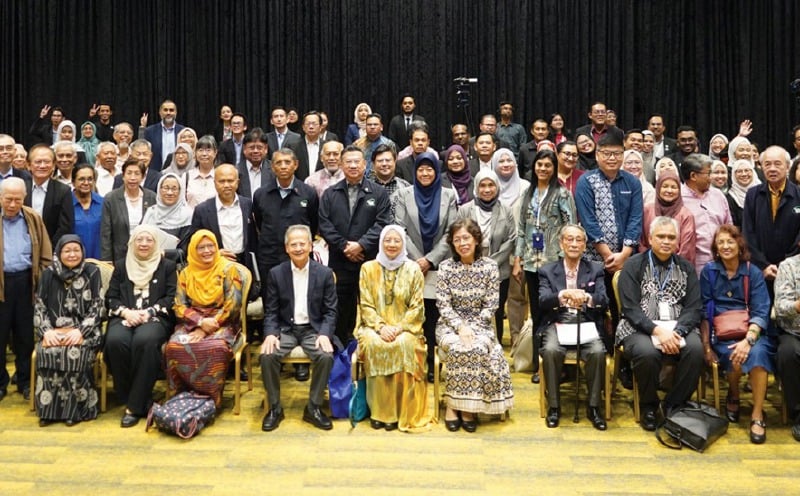KOTA KINABALU: Sabah Forestry Department is drafting a 25-year forest master plan to guide the state's long-term forest resources management.
Chief Minister Datuk Seri Hajiji Noor said the plan aligns with the Sabah forest policy 2018, focusing on both forest reserves and forest areas within state land and alienated lands.
He said the state Forestry Department has been proactively safeguarding Sabah's forests, with full implementation of the sustainable forest management (SFM) concept since 1997.
Consistently balancing socio-economic development, environmental conservation, and rationalised land use can provide Sabah with a sustainable alternative income source, he said at the "Heart of Borneo International Conference: An Ecosystem That Provides" at the Sabah International Convention Centre (SICC).
"This includes exploring various initiatives to support forest conservation programme through non-timber-based income generation (forest beyond timber)," he said.
Hajiji's speech was read by Deputy Chief Minister I and Agriculture, Fisheries and Food Industry Minister Datuk Seri Dr Jeffrey Kitingan.
Hajiji said Sabah was committed to conserving its natural resources through protected areas in alignment with the Heart of Borneo Initiative.
He was pleased that the Heart of Borneo conference has united global stakeholders for environmental conservation.
Since 2007, the Sabah government through the Forestry Department has made significant progress in conservation, he added.
"More than 27 per cent of the state's land area or about 2.0 million hectares have been gazetted as Totally Protected Areas (TPAs), and 75 per cent of the TPAs are located within the boundaries of Sabah's Heart of Borneo," he said.
The Chief Minister said the Sabah government is committed to expanding the size of TPA to 30 per cent by 2025.
He said Sabah is committed to supporting the United Nation's Sustainable Development Goal (SDG) for climate actions, fostering connections between climate change and sustainable development, and integrating climate-related efforts into its development agenda.
"Sabah is implementing mitigation and adaptation actions across all sectors to support the Nationally Determined Contribution (NDC) set by Malaysia under the Paris Agreement by 2030," he said.
In this regard, Hajiji said the Sabah government had established the Sabah Climate Action Council (SCAC) to guide and coordinate climate change mitigation and adaptation-related projects at the state level.
"All conservation efforts, starting from protection, restoration, management and up to mainstreaming forest conservation and biodiversity protection, are emphasised," he added.
Hajiji said all these efforts require cooperation and collaboration from various parties consisting of government agencies, non-government organisations (NGOs), private sectors and industries, institutes of higher learning and local communities.
He said it was important to continuously engage and work together to collaborate with new partners.
To date, Sabah has collaborated with various implementing partners through 110 memoranda of understanding (MoU) and memoranda of agreement (MoA).
"Today will see six more memoranda of understanding added to the list of conservation partners," he said.
He also thanked the federal government, particularly the Ministry of Natural Resources, Environment and Climate Change (NRECC), for its strong support of the Heart of Borneo Initiative.
Since 2009, some RM48 million has been disbursed to Sabah for the implementation of the Heart of Borneo Initiative.
Under the 12th Malaysian Plan, he said the federal government had pledged another RM13 million for the initiative, he said.










